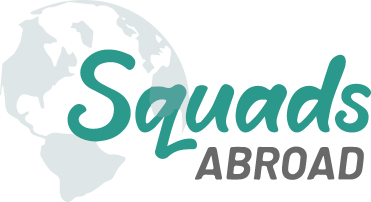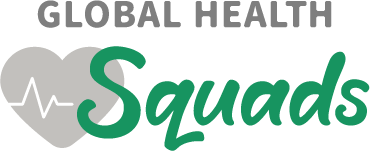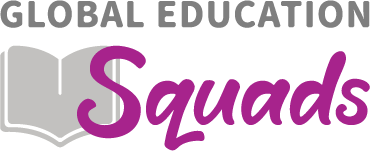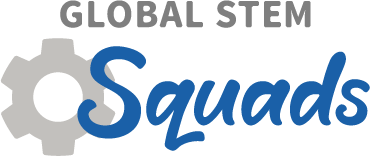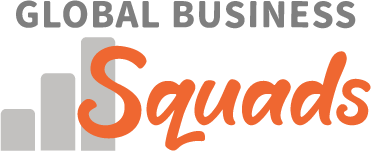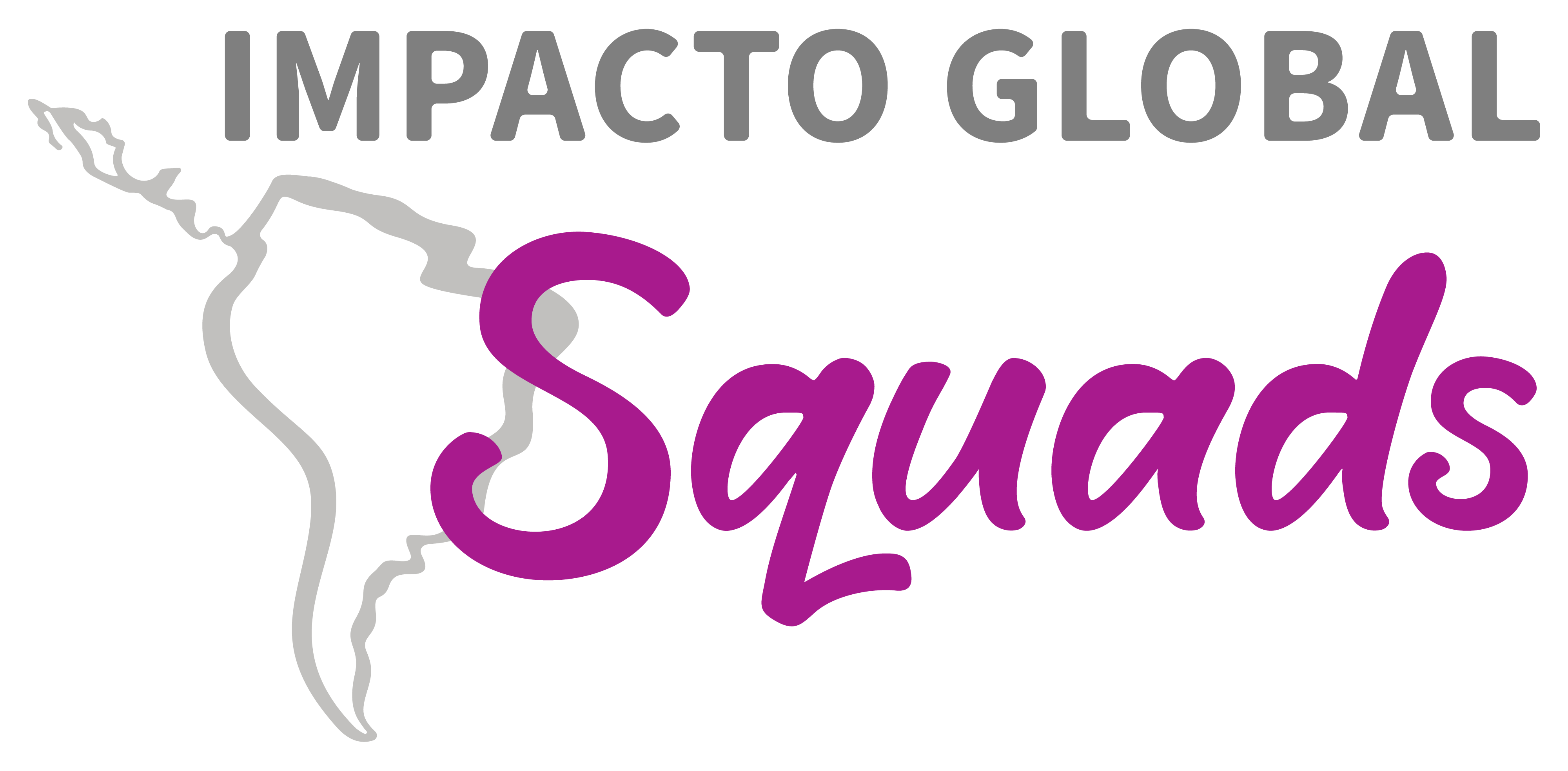Learn how to use data & community mobilization to create community action plans that improve health outcomes in Honduras.
Our bilingual on-the-ground public health technicians guide students and partner community’s Basic Sanitation Committee (BSC) through the UNDP’s Healthy Schools and Households program, to identify health challenges, assess market demand for in-home infrastructure solutions, and ultimately build a Community Health Action Plan. The curriculum immerses students in the program methodology of global public health intervention: community selection, community health worker interviews, asset mapping, needs assessments, and monitoring & evaluation practices. In addition to our skill-based learning objectives, building cultural competence is integrated into the course to increase the quality of services and improve outcomes with community partners.
Students engage in a sequence of chemical engineering experiences to test the quality and efficacy of potable water sources in rural Nicaragua. Students will:
● Engage in real-time with local engineers and Water Councils
● Explore details of existing water sources and current water challenges faced by the partner community
● Understand water contaminants and best practices for water treatment
● Learn how to assess water quality from different water sources
● Develop and deliver water quality results and recommendations
● Work to develop intercultural competencies throughout the course.
LEARNING OUTCOMES
Environmental Science Learning Objectives- Students that successfully complete the program will be able to:
● Explain how water quality affects people’s lives in rural settings
● Understand the assessment, best practices, and treatment of common contaminants identified the partner community water sources utilizing proper equipment and chemical laboratory tests.
● Analyze water quality laboratory results and conduct community assessments to identify recommendations for improvement
● Describe results in the context of WHO’s Water Quality guidelines
● Advocate to improve water access and quality in developing countries
PROGRAM OVERVIEW
MODULE 1: Organizational Overview & Public Health Program Introduction
Class learns about Squads Abroad’s parent organization Global Brigades (GB) and its integrated community development model and the nuances of its public health program. Self-Guided Activity: Review UN Healthy Schools and Households Manual.
MODULE 2: Honduras Public Health System
Coordinator introduces students to the context of the Honduras Health System and challenges in the country. Self-paced activity: review questions and reflections
MODULE 3: Public Health Interventions & Community Health Action Plan
Review additional data collected by the BSC and local GB teams, conduct Q&A and establish next steps in drafting the Community Public Health Action Plan. Self-guided activity: Based on data, the class will identify and discuss potential health challenges to prioritize them for the Action Plan.
MODULE 4: Community Selection & Baseline Data
A simulation on how GB chooses communities and a presentation on the specific communities the students will be working in. Review existing baseline data on the partner community such as community profile, rapid needs assessment, and past medical patient trends. Introduction to data collection methods such as the KokoToolbox. Self-paced activity: Practice self-introduction statements in Spanish to prepare for meeting with Basic Sanitation Committee.
MODULE 5: Community Baseline Data Analysis II
Continue working in groups to review existing baseline data on the partner community such as community profile, rapid needs assessment, and past medical patient trends. Introduction to data collection methods such as the KokoToolbox. Self-Paced Activity: Prepare a qualitative interview for the Basic Sanitation Committee.
MODULE 6: Women’s Health & Mental Health in Honduras
Review and analyze women’s health and mental health issues and trends in the communities. Self-paced activity: review questions and reflections.
MODULE 7: First Interview with the Basic Sanitation Committee (BSC)
Meet members of the BSC to discuss community health challenges and create a “problem tree”. Self-guided activity: Class compiles, reviews, and analyzes data from BSC interview.
MODULE 8: Working Session 1 – Finalize Priority Health Challenges
Class presents an analysis for coordinator feedback and finalizes priority of health challenges to develop proposed solutions. Self-guided activity: Class prepares draft action plan based on prioritized health challenges. Research and select potential public health infrastructure solutions.
MODULE 9: Working Session 2
Class presents preliminary market analysis draft of health infrastructure needs. Self-guided activity: Continue drafting Community Health Action Plan with clear steps, timeline, and budget.
MODULE 10: Working Session 3
Present draft Community Health Action Plan to GB public health director for final feedback and practice presentation. Self-guided activity: Class revises plan based on staff feedback. Begin developing sales and marketing plan for technicians to sell public health infrastructure products.
MODULE 11: Community Presentation Practice
Mock presentation of plan to Basic Sanitation Committee leaders for facilitator feedback. Self-guided activity: Tweak and prepare for Community Presentation.
MODULE 12: Community Presentation
Present plan to Basic Sanitation Committee leaders for feedback and work with them to develop a timeline of implementation. Self-guided activity: Class edits action plan based on community feedback, finalizes the marketing plan for public health infrastructure projects, and content for technicians.
MODULE 13: Post-Project Analysis & Monitoring and Evaluation
GB Coordinator and BSC provide a progress report on the implementation of the action plan. Opportunity to meet with the BSC again to share their feedback on how the project is going.Submit finalized action plan and marketing plan. Learn how the plan will be implemented.
Module 14: Final Reflections & Cultural Activity
Class prepares a local Honduran dish and reflects on overall experience. Discuss the many topics covered throughout the TeleSquad.
GET IN TOUCH
Click to schedule a call with our Program Director to learn more about our programs and how we can support your group in making an impact abroad!
